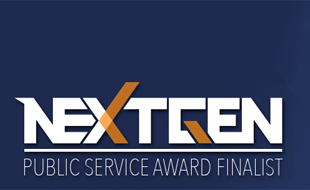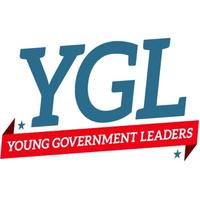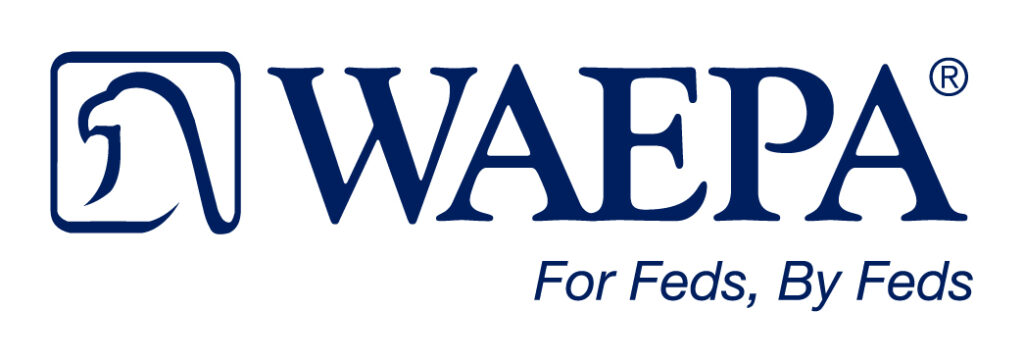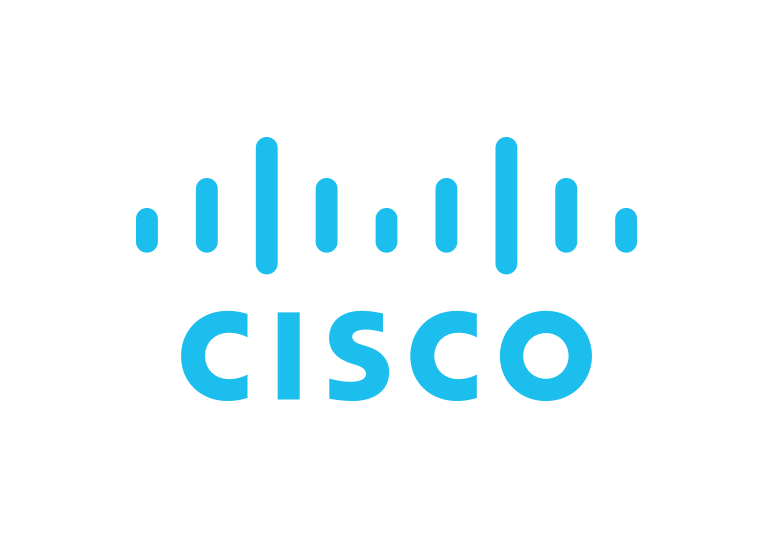
Public Service is In His DNA
Originally Posted on GovLoop by Emily Jarvis.
Young Government Leaders (YGL) and GovLoop present the NextGen Public Service Awards for superior public service and achievement. The 4th Annual NextGen Public Service Awards will be given at the 2014 NextGen Award’s Ceremony, which will kick off the NextGen Training Summit on July 23rd in Washington, DC. We have 18 finalists in six different categories. All month long we will be introducing you to the finalists.
Who: Phillip Ashlock, Chief Architect for Data.gov
Achievement: Public Service Award Finalist in the Innovator of the Year Category
“As the technical lead for Data.gov, Phil handles a rapid pace of innovation to meet the goals of the President’s Open Data Policy to make data from all the federal agencies open and machine-readable by default. Phil has a mastery of numerous technologies and led the relaunch of Data.gov in January 2014, featuring a comprehensive catalog of federal data based on CKAN (Comprehensive Knowledge Archive Network) and a complete re-design of the site in WordPress. The new Data.gov provides access to the publicly available datasets from agencies across the government in an efficient, user-friendly way and makes it easier for the public, developers, and businesses to find the government data to improve quality of life, support the creation of consumer-friendly apps, and serve as the basis for new businesses.” – Hyon Kim, program director GSA. Kim nominated Ashlock for the Innovator of the Year award.
For Ashlock being a public servant is part of his DNA. The second-generation government employee is working hard to bring openness and transparency to government.
“A lot of the work I’m doing now is actually helping agencies meet those goals of the Open Data Directive,” Ashlock said. “A lot of my work has been to help structure the way that we operate and the way that we help agencies release their data.”
Aslock and his team also redesigned data.gov, but they did it fully transparent. “For government doing everything out in the public, out in the open was totally different,” he said. “There was a preview version of the website that was available actually for many months of 2013 and I think it initially launched in July.”
Part of the reason for the successful redesign is the feedback loop that was created using open data. “We invited everyone to give feedback on the latest design iterations, and many of the codes that we were developing,” said Ashlock. “We learned the design had been sort of publicly viewed for a few months, and had some issues, so we started sort of attacking those one by one.”
For Ashlock, thinking in an open and transparent way is second nature. “Open source has been my native way of working for a number of years. I was working with a number of other people who were familiar with just working in the public and the tools and methodologies,” he said.
“But in some cases it did take encouragement for people to engage with us. It’s all out there on a public forum, but didn’t take very long for people to see the kind of transformative effect it had on you know the people who were paying attention to what we were doing, and, and who really cared about what we were doing, and sort of could see that feedback loop and that engagement, as being like real and genuine and productive.”
What’s Ashlock’s favorite part about his job? “I really enjoy seeing the culture of openness grow and expand within government. Seeing the impact of open data, as people develop new applications that genuinely improve people’s lives, or makes government work better, or make it more efficient,” said Ashlock. “I like translating the concepts that might otherwise seem sort of technical or wonky, into things that actually change the way that government operates.”
Ashlock said the biggest misconception about government work is that “People working outside government think public servants are not interested in trying to solve problems or are maybe inadequate to the challenges. That’s not true; there’s so much dedication and so many very big and complex challenges that people are working to address.”
We will be talking to all the NextGen Public Service Award finalists in the upcoming weeks. See the full list here. And register for NextGen!









